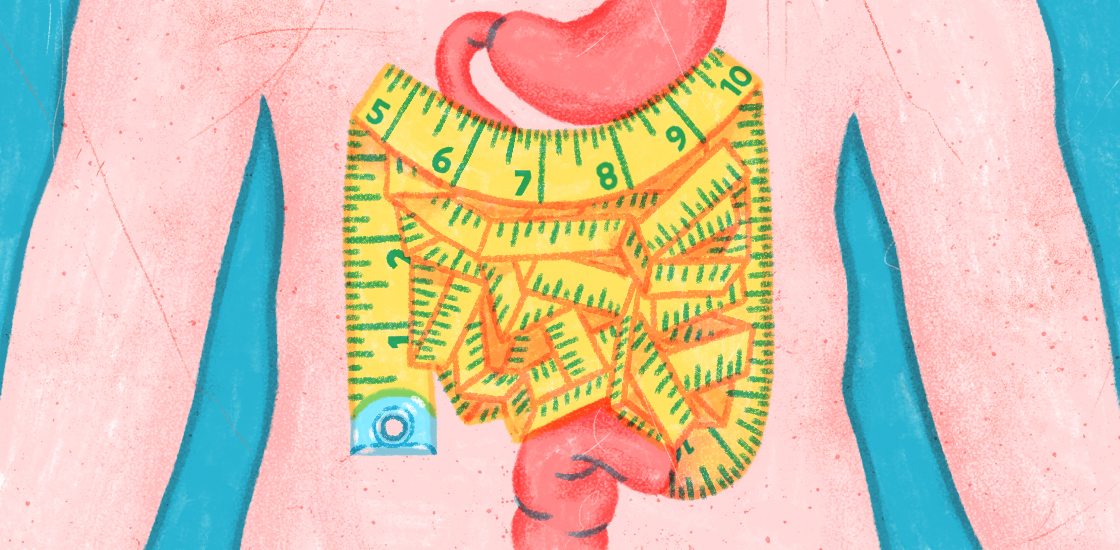Daniele Fallin is professor and chair of the mental health department at Johns Hopkins University’s Bloomberg School of Public Health and director of the Wendy Klag Center for Autism and Developmental Disabilities.

Daniele Fallin
Professor
Johns Hopkins University
From this contributor
Autism studies hampered by lack of reliable test for gut problems
Experts from various fields should work with parents to develop a standardized questionnaire for gut problems in people with autism.

Autism studies hampered by lack of reliable test for gut problems
Explore more from The Transmitter
Astrocytes orchestrate oxytocin’s social effects in mice
The cells amplify oxytocin—and may be responsible for sex differences in social behavior, two preprints find.

Astrocytes orchestrate oxytocin’s social effects in mice
The cells amplify oxytocin—and may be responsible for sex differences in social behavior, two preprints find.
Neuro’s ark: Spying on the secret sensory world of ticks
Carola Städele, a self-proclaimed “tick magnet,” studies the arachnids’ sensory neurobiology—in other words, how these tiny parasites zero in on their next meal.

Neuro’s ark: Spying on the secret sensory world of ticks
Carola Städele, a self-proclaimed “tick magnet,” studies the arachnids’ sensory neurobiology—in other words, how these tiny parasites zero in on their next meal.
Autism in old age, and more
Here is a roundup of autism-related news and research spotted around the web for the week of 2 March.

Autism in old age, and more
Here is a roundup of autism-related news and research spotted around the web for the week of 2 March.